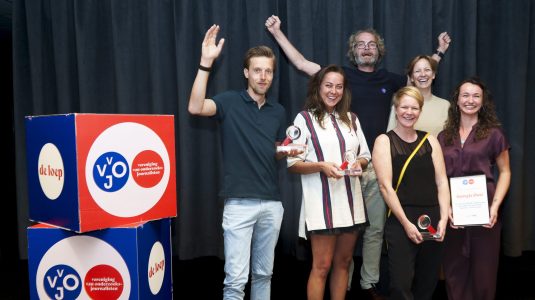 Mark Kramer says there is a strong market in Journalism for candid opinion. The conventional newsvoice of daily reporting, he claims, may be too stylized and restrictive to allow full consideration of people as emotion-driven, complex creatures. An interview with the keynote speaker of this year’s annual VVOJ Conference, due to take place November 27-28 in Utrecht, the Netherlands.
Mark Kramer says there is a strong market in Journalism for candid opinion. The conventional newsvoice of daily reporting, he claims, may be too stylized and restrictive to allow full consideration of people as emotion-driven, complex creatures. An interview with the keynote speaker of this year’s annual VVOJ Conference, due to take place November 27-28 in Utrecht, the Netherlands.
Text: Reelika Lepp
Convinced that media consumers have grown more aware and critical, Kramer sets out to prove that the narrative journalism movement of the past decade in U.S. newspapers demonstrated a direction for deeper understanding and personal comprehension in the news.
He says that as column-inches in newspapers disappear, reporters will find themselves publishing on more individuated platforms, and may want to improve their storytelling skills.
Narrative Journalism, also known as literary journalism involves the use of techniques (other than making things up) commonly used by fiction writers—scene setting, character development, and strong-voiced storytelling— in writing works of nonfiction. It is a genre that pays close attention to the craft skills of prose writing and allows a reporter to approach the topic deliberately, selecting strategic angles.
The core difference from standard press reports may be the voice of the narrator. It is up to the journalist to know his or her topic and to choose the style and tone, together with accurate facts, and ethical practices.
The founding director of the Nieman program on narrative journalism at Harvard University, and the editor of Literary Journalism and Telling True Stories: A Writers’ Guide Mark Kramer defines narrative journalism as “…the sort of nonfiction in which arts of style and narrative construction long associated with fiction pierce to the quick of what’s happening – the essence of journalism.”
Kramer argues that newspapers can improve coverage and retain more readers when they employ storytelling techniques selectively to communicate the news.
“Personality is political,” says Kramer.
The genre of narrative journalism, he says, opens up to reporters topic areas that may be experienced as a threat by the most traditional journalists on the news desk. However, he states, in reality, it is literary journalism that is truly critical and thought-provoking, broadening and deepening coverage.
The freedom to discover a story’s human center leads to including scenes and characters in news items, sometimes at length, sometimes only adding a sentence or two to standard stories.
Constrained by the political directions, often unacknowledged, and missions of newspapers, journalists may find themselves restricted from approaching readers in an informal, personal manner.
Today’s readers are also less likely to regard themselves merely as ‘good citizens’. They are used to fuller portrayal of human character from TV shows and may seek other kinds of sources and news—news they can relate to. That same human-level consideration may help explain the popularity of blogging, twitter and other social media.
Mark Kramer defines ‘voice’ as “the personality of the storyteller”, and says it is the defining mark of narrative journalism.
“It is the voice of someone naked, without bureaucratic shelter, speaking simply in his or her own right,” he says.
Critics of narrative journalism refer to the possibility of imposing personal opinion, introducing bias into articles. Mark Kramer agrees that storytelling is indeed powerful and involves the manipulation of the reader; he also believes that a plurality of styles of news stories can only benefit the media scene, and that conventional news voice has intrinsic pro-establishment biases of its own.
At the VVOJ Conference in Utrecht, Mark Kramer will be giving a master class on narrative journalism.
He will also explore the importance and impact of the genre to investigative journalism.
How might the fast -changing media landscape accept narrative into its plurality of voices, projecting various and diverse individual visions? How does including narrative journalism affect editorial control and business interests of the newspaper?
Do the newspapers need to speak to readers as ‘whole people,’ redefine the profile of a reader as merely a citizen, and cut back on the formality? These are only few controversial topics to be analyzed by this first class and influential journalist on the 27th of November, in Utrecht, Holland.
Official Webpage of Mark Kramer: www.tellingtruestories.com
Published with the courtesy of the Fonds Pascal Decroos (FPD). The author, Reelika Lepp, is an intern at the the FPD.








